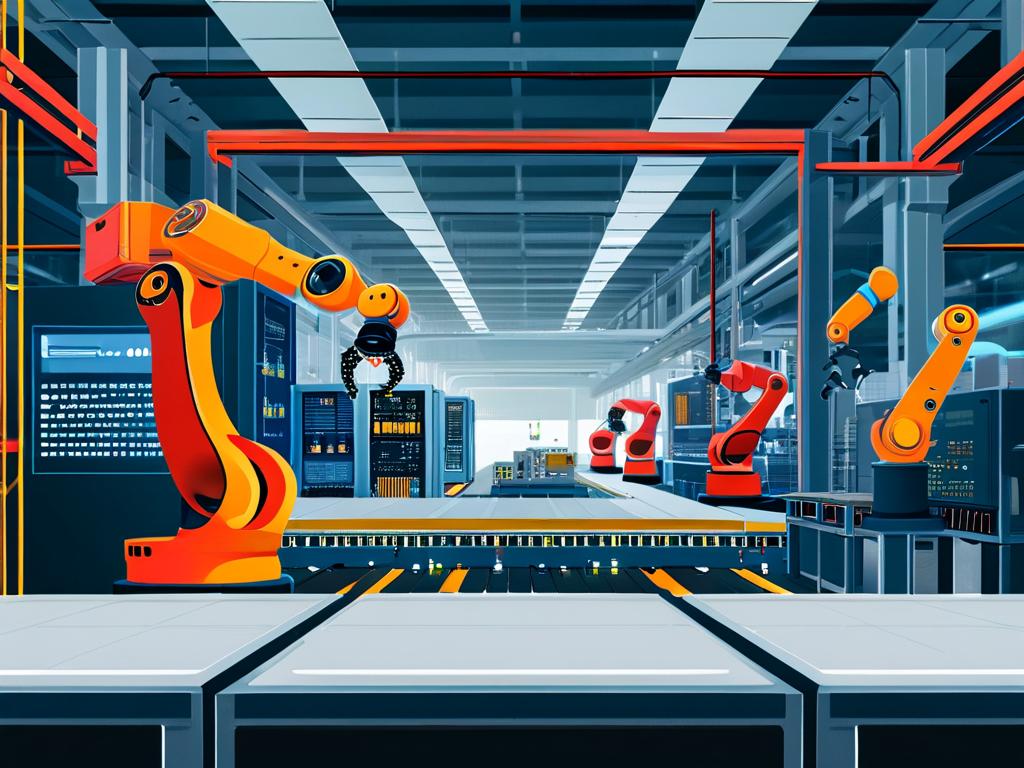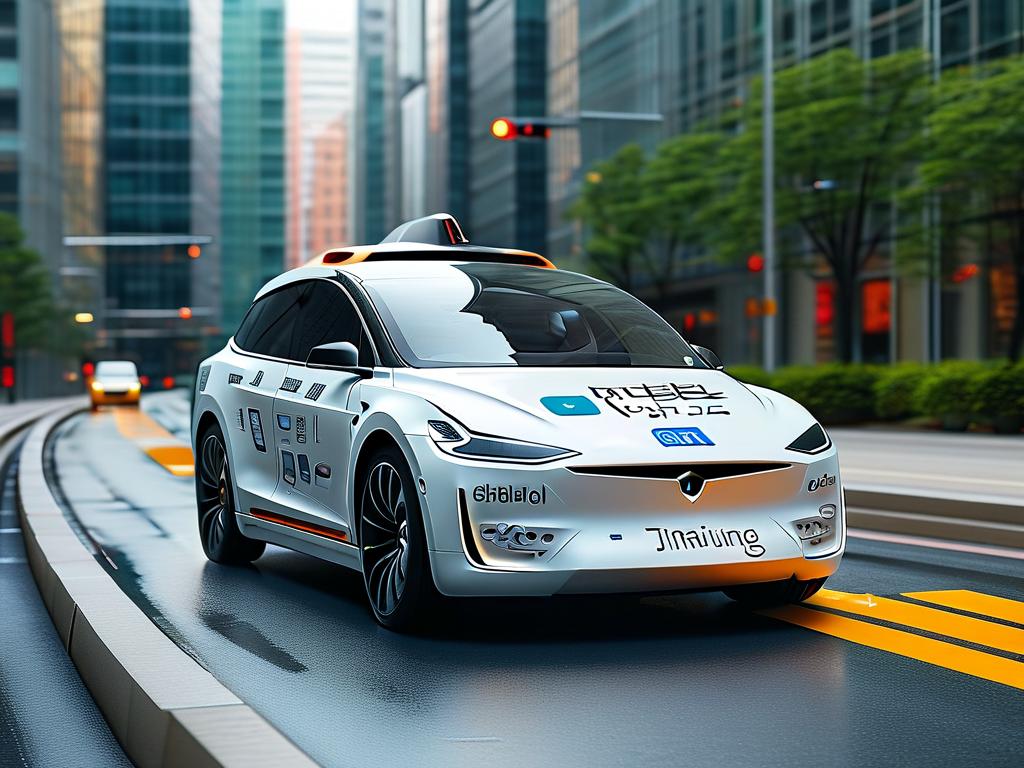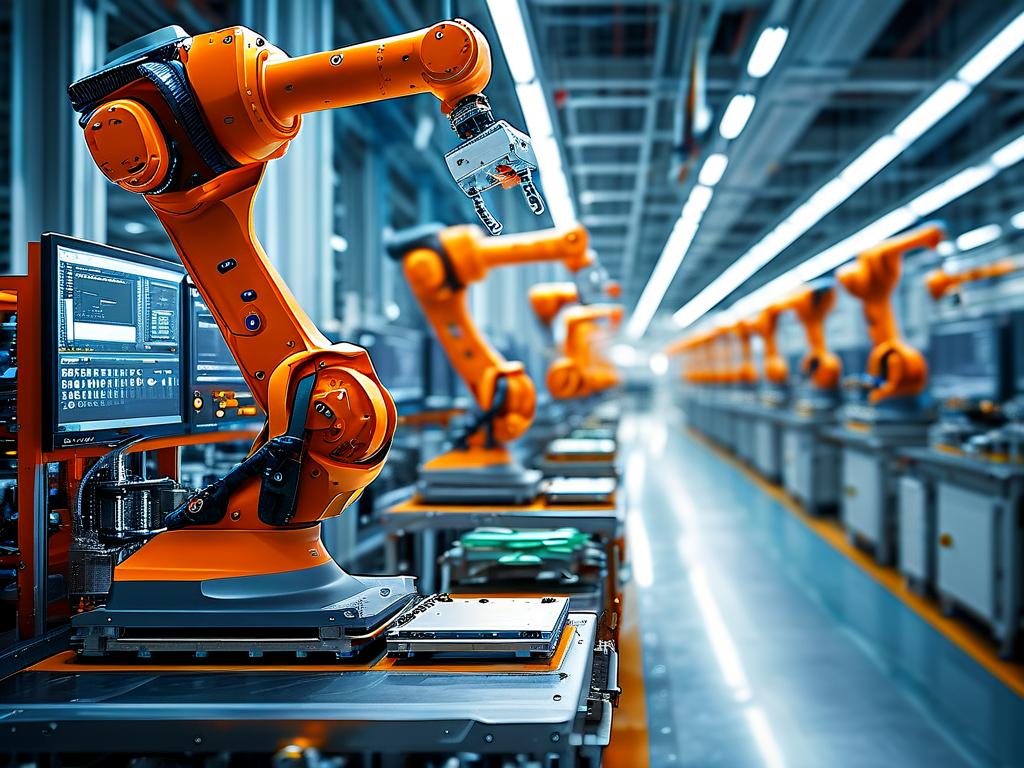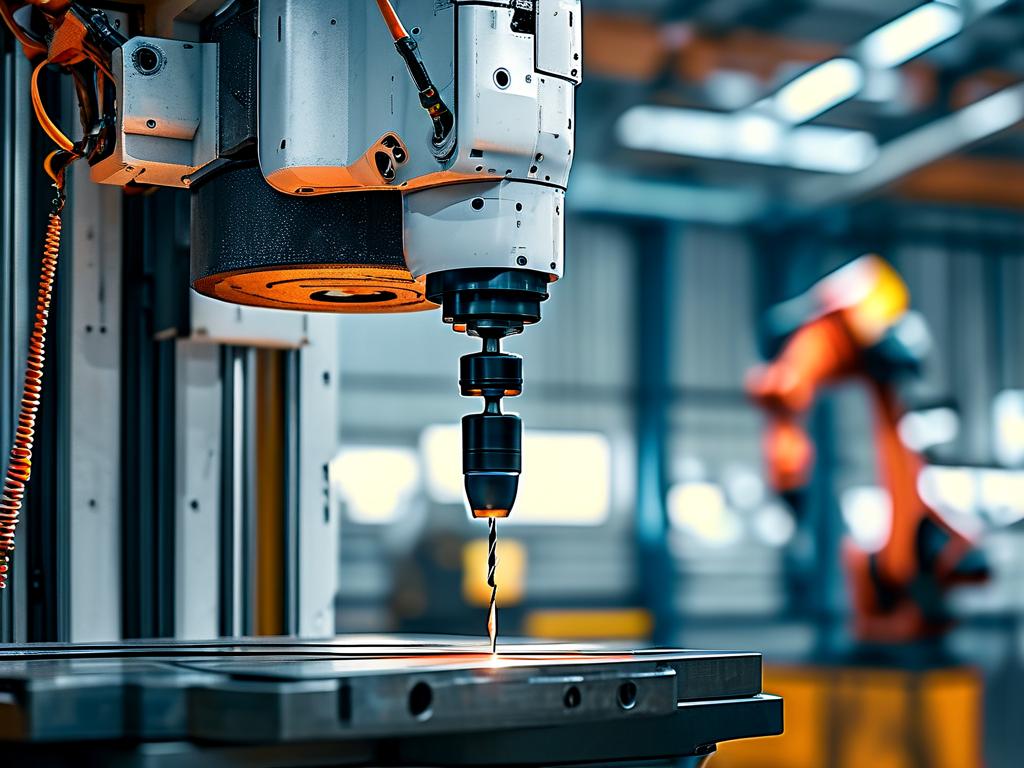In today's rapidly evolving industrial landscape, algorithms play a pivotal role in driving efficiency, innovation, and competitiveness. But what exactly are the commonly used algorithms in the industrial field? Simply put, these are mathematical procedures and computational methods tailored to solve specific problems in sectors like manufacturing, energy, logistics, and automation. They transform raw data into actionable insights, enabling businesses to optimize processes, reduce costs, and enhance product quality. As industries embrace digital transformation, understanding these algorithms becomes essential for professionals aiming to stay ahead in a data-driven world.

One of the most prevalent categories is optimization algorithms, which focus on maximizing or minimizing objectives such as resource utilization or production output. For instance, linear programming algorithms are widely applied in supply chain management to allocate resources efficiently. Imagine a factory needing to schedule machinery and labor for multiple product lines; linear programming models variables and constraints to find the best solution, often saving millions in operational expenses. Another key player is the genetic algorithm, inspired by natural selection. It's used in complex scenarios like optimizing factory layouts or routing delivery trucks, where it evolves solutions over iterations to handle uncertainties. A simple Python snippet illustrates this concept:
import numpy as np
from geneticalgorithm import geneticalgorithm as ga
def fitness_function(X):
return np.sum(X**2) # Minimize the sum of squares for demonstration
varbounds = np.array([[-10, 10









